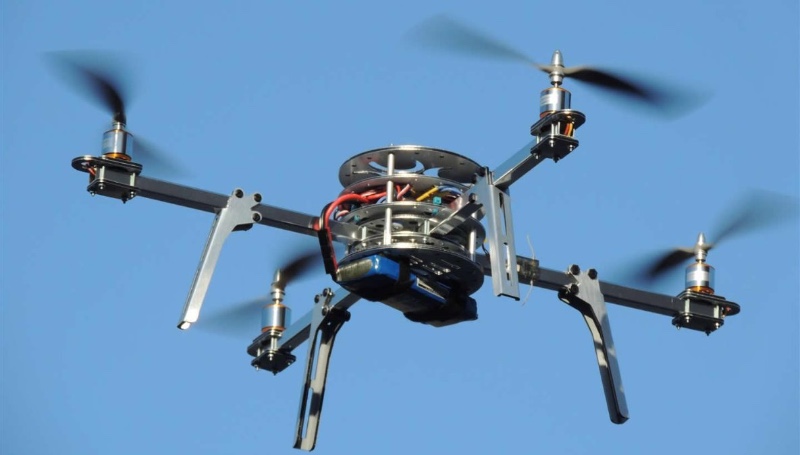Multivariable frequency response analysis, directionality in MIMO systems (SVD), input-output controllability, uncertainty models, linear fractional transformations, robustness analysis including the structured singular value, mu-synthesis, H2- and H-infty controller synthesis, H-infty loop shaping, Glover-MacFarlane robust loopshaping, control structures including decentralized control, gap metrics, linear matrix inequalities, Integral Quadratic Constraints
Course structure
Lectures and compulsory homeworks, take-home exam
Course literature
Skogestad and Postlethwaite, Multivariable Feedback Control, 2nd Ed., Wiley, 2009
Supplementary: Zhou, Doyle and Glover, Robust and Optimal Control, Prentice Hall, 1996
After completing the course, the student should be able to:
- describe and explain the general principles for analysis and synthesis of linear multivariable robust control systems.
- derive fundamental limitations in feedback systems based on interpolation constraints and analytic constraints on closed-loop transfer-functions
- model uncertainty in linear dynamic systems using model sets
- analyze robust stability and robust performance of multivariable feedback systems with respect to structured and unstructured uncertainty
- quantify the achieveable control performance for a given system
- design/synthesize multivariable controllers for robust performance
- contribute to the research front in the main areas covered by the course
- describe how multivariable robust control can serve as a basis for sustainability by
enabling optimal system consumption, e.g., energy usage, under uncertainty
